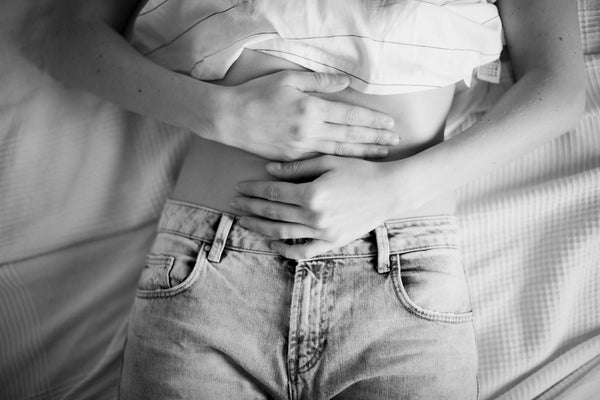How to Handle Postpartum Pelvic Pain

More than a third of women experience some form of pelvic floor disorder post-baby, which means that many mothers are familiar with the discomforts caused by pelvic and vaginal changes. These can manifest in many forms, including persistent back pain, incontinence, constipation and pain during sex.
The muscles and connective tissue of the pelvic floor are super important to strengthen post-pregnancy. Understanding how you can rebuild this tissue is the first step in restoring health in these areas after giving birth. Check out some of the steps a new mother can take to help tackle this prevalent issue:
Get regular checkups.
While being intuitive about your body’s needs is good, it’s important to include a licensed expert in your health decisions. Making and keeping regular appointments with a doctor and gynecologist can help prevent more serious health conditions from occuring. Also, they can refer you to a physical therapist or even trainers who specialize in postnatal recovery, so you can feel confident you have the best tools to recover.
Try targeted workouts.
Fitness is a key component in any healthy lifestyle, but new mothers have different needs. Strengthening the pelvic floor is one of the best things a new mother can do. Focusing on problem areas through bodyweight core circuits, cycling, light yoga or stretching, and exercises like pelvic bridges can help to alleviate pelvic pain and get you on your way towards strength, functionality, and comfort.
Avoid heavy lifting.
The last thing you want to do when recovering from giving birth is delay the healing process. Postpartum heavy lifting increases internal abdominal pressure, which has been linked to some pretty serious health conditions. If you are doing a lot of heavy lifting or strenuous activity, you’re increasing the potential for injury that could further hamper your health goals- not to mention cause preventable pain.
Keep healthy expectations.
It’s too common for new mothers to push themselves to “snap back” post-baby. Social media platforms like Instagram are huge culprits in perpetuating an unfair body standard onto mothers under the guise of “fitspiration” or “goals.” Wanting to get in shape is normal, but remember that your body has limits, especially as it heals. Try to set realistic, achievable goals, and don’t forget to celebrate the smaller milestones, which are every bit as important as the larger ones.
Postpartum pain is something many women experience, and not anything to be ashamed of. As a new mom you have so much to deal with and you shouldn’t have to live in pain; try some of these tips to help alleviate symptoms, and make wellness a priority. The best part? The solutions are easy, everyday activities that are accessible to any woman. Ultimately, it’s about making healthy choices that benefit both you and your new family.
0 comments